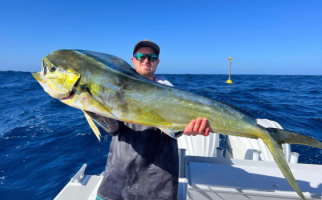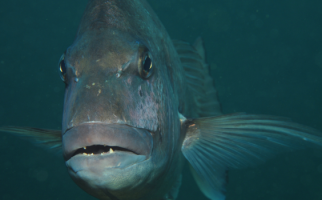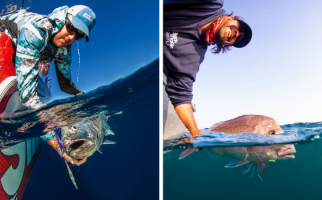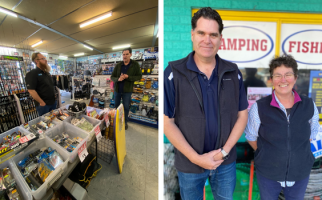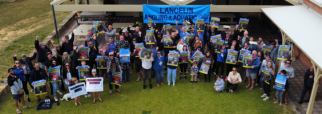From Thursday, 1 February, the west coast demersal fishery between Kalbarri and Augusta will be closed until 29 March (Good Friday) to recfishers.
It’s great to see recfishers play their part in the recovery of these treasured fish by giving them a break for a couple of months.
It’s a particularly important time to give dhufish a rest as the closure coincides with their peak spawning period.
Recfishwest CEO Dr Andrew Rowland said, “This late summer closure was something that Recfishwest, the West Coast Demersal Expert Working Group and grassroots members of the fishing community called for.
“This was because protecting spawning dhufish helps replenish the stock and speeds up the recovery. Furthermore, protecting spawning fish is the right thing to do and simply makes sense. It’s great to see recreational fishers get behind the closure, because it shows how much our community cares about these special fish.
“Unfortunately, the closure does not apply across all sectors and we think it should.
“In good news though, the Government took on board our call for the west coast demersal fishery to reopen coinciding with Easter. This year this means fishing mums and dads will be able to get out and fish for bottom fish again on Good Friday on 29 March, giving them a chance to catch a quality, fresh demersal for their Easter dinner.”
Although the demersal season is closing for two months, it doesn’t mean you have to stop fishing – there are so many other great fishing options to explore in the region, whether it’s chasing yellowtail kingfish on nearshore reefs, trolling for tuna, targeting squid and whiting or beach fishing for tailor and mulloway – it’s a great time to try some new tactics and widen your fishing activities.
“While the demersal fishing has been great over the past couple of months, many recfishers have thoroughly enjoyed the red hot pelagic and inshore fishing on offer and that option is still available to us,” said Recfishwest Operations Lead Matt Gillett.
“The FADs continue to fire for dolphinfish and wahoo, there’s various whiting species across the shallow sand and weed patches, you can troll for tuna, drop a net for blue swimmer crabs in the rivers and inlets, flick a squid jig out for some delicious calamari or visit our South-West to target various freshwater species – we’re very lucky to have so many options available to us.”

Want to keep up to date with what’s being caught and where during the February-March closure? Sign up as a Recfishwest member to receive our free weekly State-wide fishing report!
